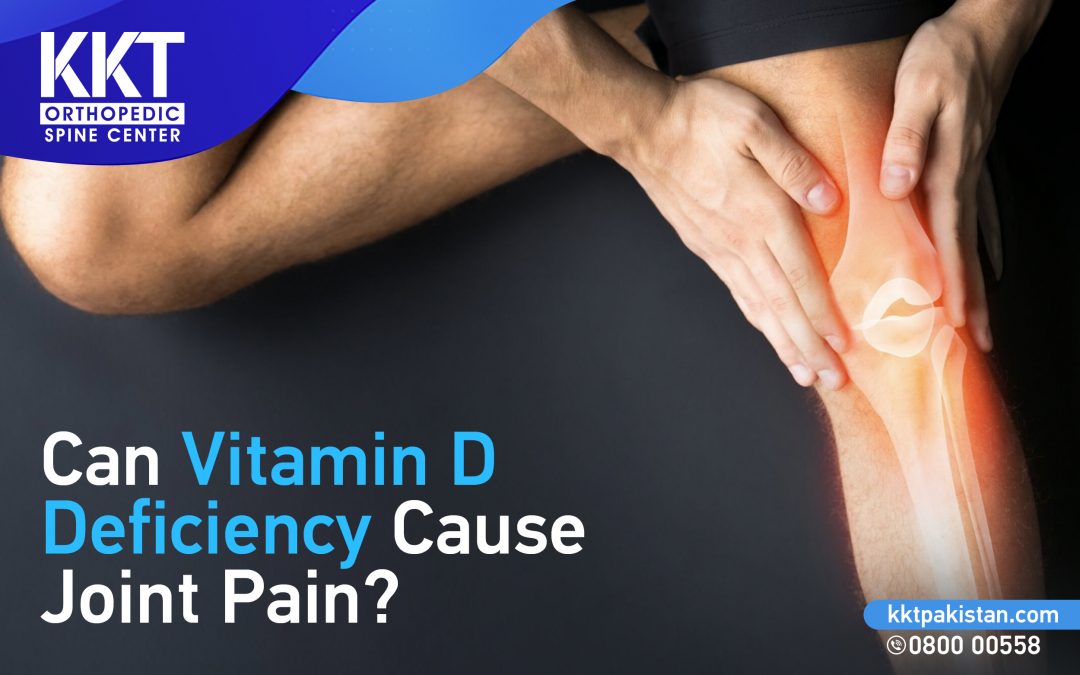Except for calcium, vitamin D is a very essential nutrient for our bones. Not just this, it also plays a vital role in aiding in the absorption of calcium as well as phosphate into the bones. Therefore, making our bones stronger. In the human body, it exists in two forms, e.g., Vitamin D2 and Vitamin D3. Its deficiency can result in brittle, soft, and weak bones, moreover, in adults, this deficiency can result in osteoporosis. Various researches show that vitamin D and rheumatoid arthritis (RA) are linked. RA is a joint-related autoimmune disorder that causes, numbness, swelling, tingling, and joint pain. To support bone and joint health, calcium and vitamin D work together. When exposed to sunlight, the human body can produce its own vitamin D. It is also essential for various other things except for bone health, which includes:
- Muscle Function
- Brain Development
- Immune function
Along with that, vitamins can also help manage several medical conditions like RA, Type 1 diabetes, and Multiple Sclerosis (MS). The most commonly affected areas by vitamin D deficiency include the lower back, pelvis, and hips.
Low vitamin D symptoms:
- Fatigue
- Bone pain
- Joint pain
- Respiratory issues
- Pain and weakness in the muscles
- Seasonal Affective Disorder (SAD) – low mood
Importance of Vitamin D for joints:
It has various major roles and functions in our body, for instance:
1. Healthy bones and joints:
Healthy and strong bones play a significant role in protecting you from several medical conditions including rickets.
2. Absorption of calcium:
Calcium as well as vitamin D play an integral role in building bones as well as keeping them strong. Weaker bones can lead to medical conditions like osteoporosis increasing the risk of fractures.
There are various sources of consuming vitamin D, it can be consumed orally or via sunshine. This is then converted into active form which then promotes calcium absorption.
3. Collaboration with parathyroid gland:
Parathyroid glands keep the calcium levels at a normal or optimal range in the blood. These glands are continuously communicating with the skeleton, kidney, and gut. This is why there should be a sufficient amount of calcium and vitamin D so the calcium can be put to good use and absorbed. However, due to their insufficient intake, parathyroid glands borrow calcium from the skeleton to maintain an optimal range in the blood.
Sources:
It can be consumed or obtained via diet or is created by the body when exposed to sunlight. Some of its major sources include the following:
- Sunshine
- Diet:
- Beef liver
- Egg yolks
- Mushrooms
- Oily fish: tuna, salmon, etc.
- Fortified milk or breakfast cereals
- Vitamin D Supplements
Can you have too much vitamin D?
Levels of vitamin D can exceed the normal range if too many supplements are consumed. Unlike getting it directly from the sunlight, it’s not possible to get too much of it. Toxicity due to its increased amounts is quite rare however, hypercalcemia isn’t (excessive levels of calcium). Symptoms of hypercalcemia can include:
- Nausea
- Weakness
- Confusion
- Constipation
- Poor appetite
- Increased thirst
- Frequent urination
Preventing joint pain:
As explained above, the vitamin has a huge impact on the health of bones and joints. This is why its intake is extremely important. Following are two ways to avoid its deficiency:
- Sunlight exposure
- Consume vitamin D, rich food or supplements
Below mentioned are some of the ways to reduce or prevent joint pain:
- Get a massage
- Physical therapy
- Exercise regularly
- Home remedies:
- Ice and heat therapy
- Follow a balanced and healthy diet
When to seek medical attention?
In case of increased joint or knee pain, consult a specialist. KKT Orthopedic Spine Center offers a Canadian Technology-based orthopedic treatment. This treatment primarily focuses on the diagnosis and treatment of patients suffering from spinal ailments, and chronic back, and neck pain.
Find further details of KKT Pakistan here.
Additionally, you can contact us through the below-given number. One of our representatives will guide you to the best of their ability.
Phone: 0800-00-558
For booking an appointment, click on the link below.
